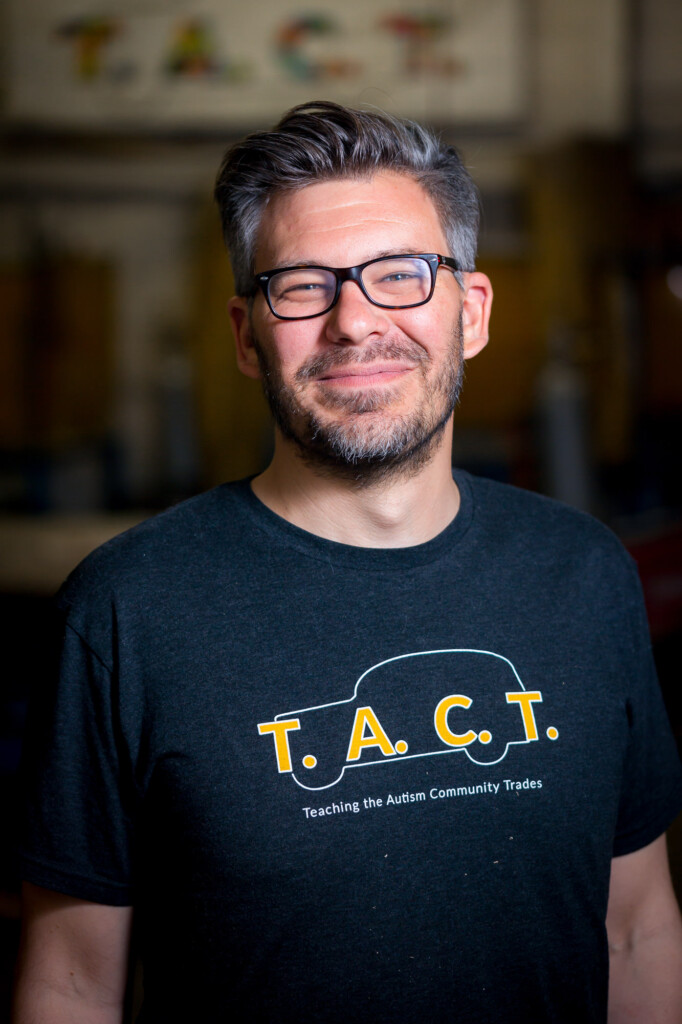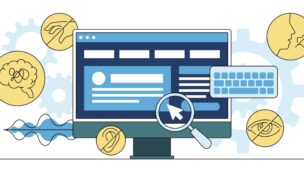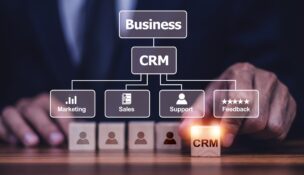Employers, You’re missing the Largest Untapped Talent Pool — but it’s Not Your Fault
Our workforce is aging, only 62% of the population is currently working. That's why hiring neurodiverse talent is more important than ever before.
Danny Combs //November 10, 2023//


Employers, You’re missing the Largest Untapped Talent Pool — but it’s Not Your Fault
Our workforce is aging, only 62% of the population is currently working. That's why hiring neurodiverse talent is more important than ever before.
Danny Combs //November 10, 2023//
There is the elephant in the room, and it’s a big one.
The workforce is aging: Only 62% of the population is working, and while employers have looked everywhere for employees, they have missed the largest untapped pool of talent — the disability community.
But right now, transition services for the disability community aren’t designed or set up for employment; they’re set up for day treatment. This means that schools aren’t setting up pathways for individuals with disabilities to find work; they’re sending them straight to daycare.
42.5 million Americans have a disability; they are talented, brilliant individuals with something to augment every job setting. Inclusive societies are built on the principles of equality, diversity and opportunity for all. However, despite significant progress in recent years, one community that still faces barriers to full inclusion is the disability community. A critical component of this inclusion is the transition to employment services tailored to the needs of individuals with disabilities.
READ: Embracing Neurodiversity in the Workplace — 5 Benefits of Hiring Neurodiverse Talent
The current landscape
For many individuals with disabilities, achieving economic self-sufficiency through gainful employment remains a challenge. While there has been considerable advancement in accessibility and accommodations, there is a lack of dedicated transition services that can empower individuals with disabilities to secure and maintain meaningful employment. The existing gaps in the system often lead to unemployment, underemployment and limited career opportunities for this community.
Challenges faced by the disability community
- Limited access to education and training: Many individuals with disabilities face barriers in accessing education and vocational training, which are crucial for acquiring the skills necessary for employment. Transition services can help bridge this gap by providing tailored support and resources.
- Stereotypes and stigma: Negative stereotypes and societal stigmas can hinder the employment prospects of people with disabilities. Transition services can help break down these barriers by fostering awareness and understanding, both within the disability community and among employers.
- Lack of targeted job search support: The job search process can be particularly challenging for disabled people, given the additional accommodations and support needed. Transition services can guide job searching, resume building, and interview preparation, making it easier for them to enter the workforce.
- Workplace accommodations: While the average workforce accommodation costs less than $500, many employers still refrain from putting support enablers in place. Transition services help match candidates with the right employers and support the negotiation of these accommodations.
READ: 7 Reasons to Embrace Neurodiversity in the Workplace
The benefits of transition services in the workplace
- Enhanced economic self-sufficiency: With access to appropriate transition services, disabled individuals can acquire the necessary skills and resources to secure and maintain employment. This not only improves their financial independence but also reduces reliance on government assistance programs.
- Diverse and inclusive workplaces: Employers that embrace diversity and inclusivity benefit from a wider talent pool, leading to increased creativity and innovation. Transition services promote the hiring of individuals with disabilities, fostering a diverse and inclusive work environment.
- Improved job satisfaction and retention: When individuals with disabilities are supported in their transition to employment, they are more likely to find jobs that align with their skills and interests. This leads to higher job satisfaction and, consequently, greater job retention.
- Reduced societal burden: By enabling individuals with disabilities to enter the workforce, transition services contribute to a more inclusive and economically productive society. This, in turn, decreases the financial burden on public welfare programs.
The Way Forward
To address the pressing need for transition to employment services for the disability community, governments, businesses and non-profit organizations must work together. Here are some key steps to take:
- Invest in education and training: Ensure that individuals with disabilities have access to quality education and vocational training programs that prepare them for the workforce.
- Promote awareness and inclusion: Raise awareness about the abilities and contributions of disabled individuals and combat harmful stereotypes and stigmas.
- Develop and fund transition programs: Create and support programs that provide tailored transition services, including job coaching, mentorship, and job placement assistance.
- Encourage inclusive hiring practices: Encourage businesses to adopt inclusive hiring practices that prioritize diversity and provide necessary accommodations.
The need for transition to employment services for the disability community is not just a matter of social justice; it is an economic and societal imperative. Empowering individuals with disabilities to secure meaningful employment benefits everyone by fostering diversity, inclusivity, and economic independence.
By closing the existing gaps in the system, we can build a more equitable and inclusive society where everyone has the opportunity to thrive. It’s time to bridge the gap and make the transition to employment services a reality for the disability community.
 Danny Combs is a leading voice in creating equitable futures for neurodistinct individuals in business. Mr. Combs is the founder of TACT (Teaching the Autism Community Trades), the state of Colorado’s leading transition to employment and training organization, and the co-founder of the Colorado Neurodiversity Chamber of Commerce, the first neurodiverse chamber in the country.
Danny Combs is a leading voice in creating equitable futures for neurodistinct individuals in business. Mr. Combs is the founder of TACT (Teaching the Autism Community Trades), the state of Colorado’s leading transition to employment and training organization, and the co-founder of the Colorado Neurodiversity Chamber of Commerce, the first neurodiverse chamber in the country.

























